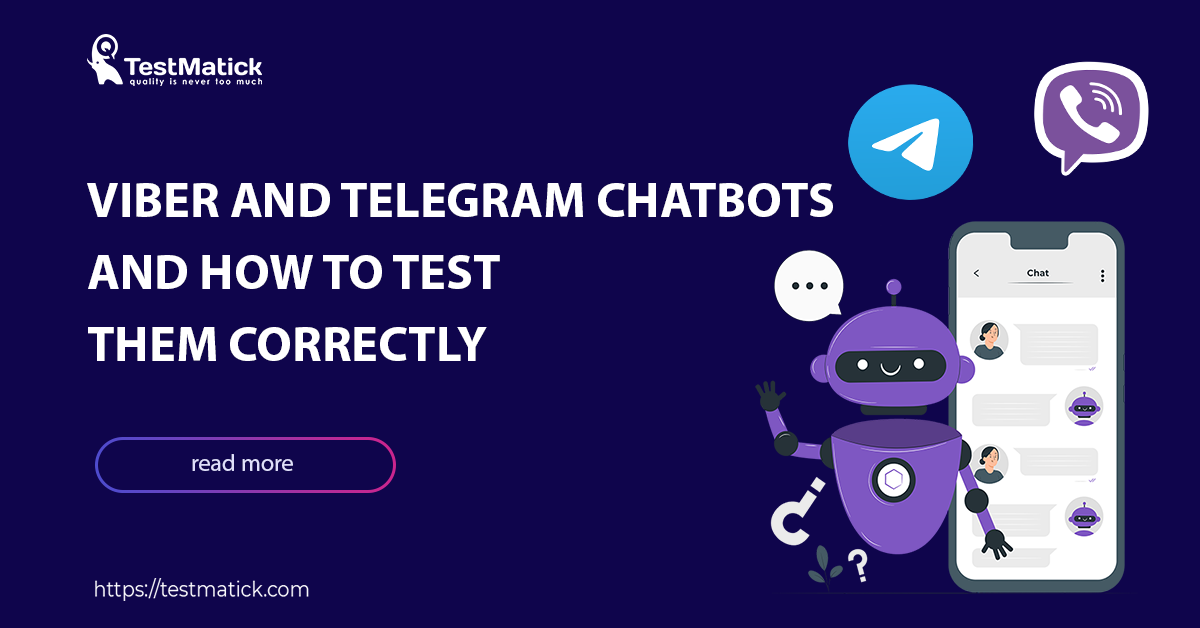During some job interviews, you can be asked: how will you test a text field?
To answer correctly, your answer should meet the interviewer’s competency.
Using this info, we can distinguish four popular answers to this question.
Answers can be put in a form of the table:
| Junior Tester |
|
| Functional tester |
|
| Almost Senior QA engineer |
|
| Genuine QA engineer | Starting with the “why” question |
Lets’ analyze each answer in detail.

Text Field
Testing is performed by junior testers
Many junior testers and even some developers who provide software testing services solve the issue through the automation of data input.
They’ve unified data that can be entered in a field and processes of data automation when it’s very easy to record test’s success and test’s failure is a common starting point.
They simply imagined easily reproduced groups of variables like differences in environment and speed and they usually automated regression, not only reliability.
A classical misconception lies in thinking that any hardware is important.
Variants from a functional tester
This group of testers is a little bit “stronger” than junior testers.
They have numerous interesting ideas but these ideas are quite trivial — for example, using SQL inside a field of a system that has no DB.
This makes sense but only in a case if it’s connected with a certain SQL DB.
This requires more work, compared with junior tester’s methods of testing but a functional tester doesn’t completely understand what is important and what — not.
Common ideas of testing mentioned by functional QA engineers are nominal environment, dividing parameters and information, working with functions (for example, using a keyboard or mouse clicks).
Such testers usually don’t understand completely what they should do with the information they’ve got while testing and with writing good bug reports.
Senior testers and their perception
They differ in the way they start testing.
Genuine senior testers and the ones who are almost senior testers differ in rapid prioritization.
It’s one of the main factors of good and proper exploratory testing.
[highlight dark=”no”]You should understand that if something can be tested, this doesn’t mean that it will be tested.[/highlight]
We are responsible for deciding what will be finally tested each time we think about the next testing step.
As for genuine senior QA engineers, such testers ask only two questions:
- What can be tested further?
- What can we conclude from testing data?
Conclusion
So testing a simple text field is an interesting activity and has numerous technical tricks that can be done in a completely different way.
Test wisely, use your imagination and as a result, your work won’t be criticized.










0 Comments